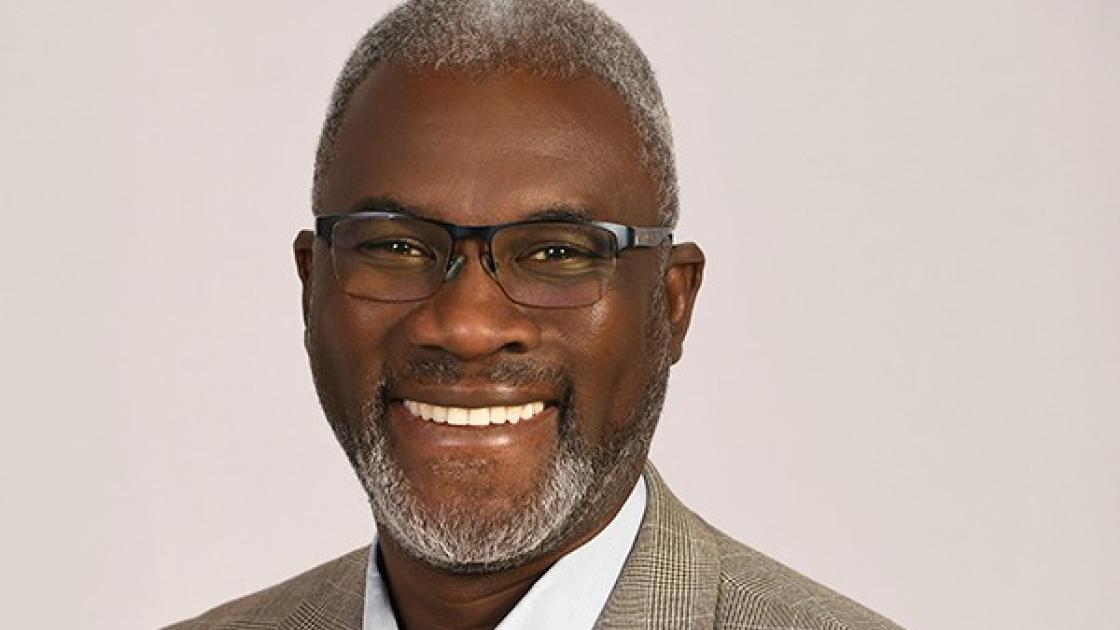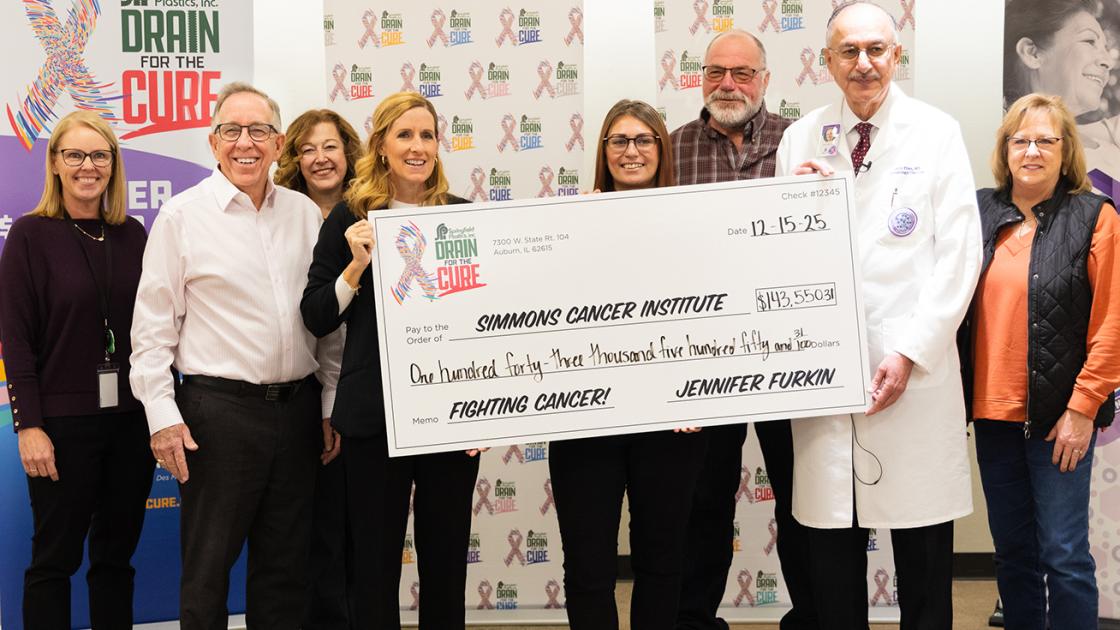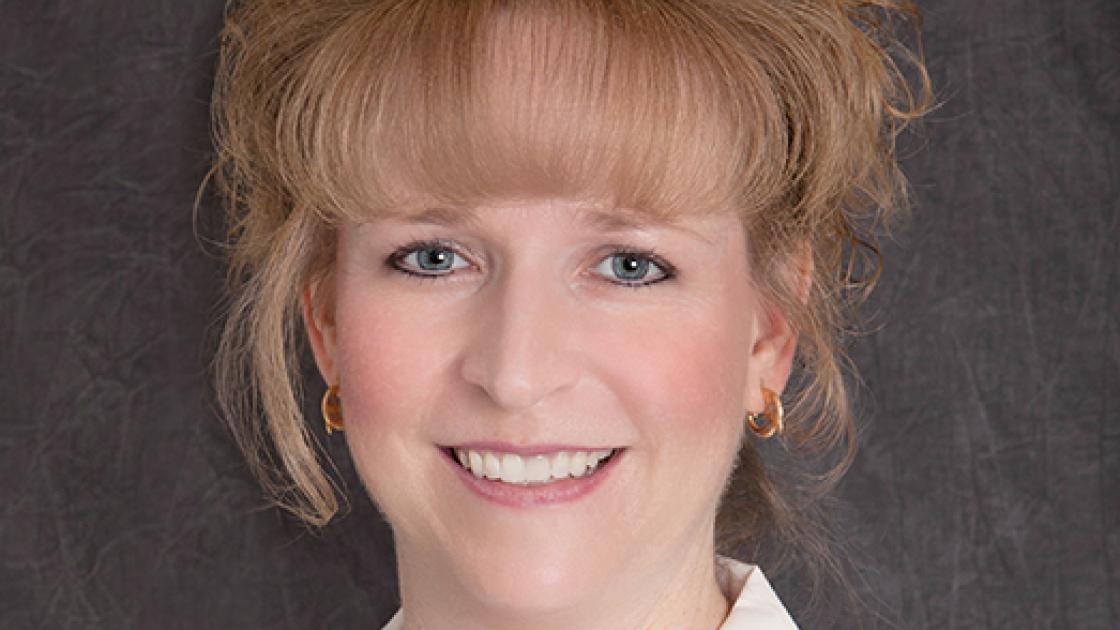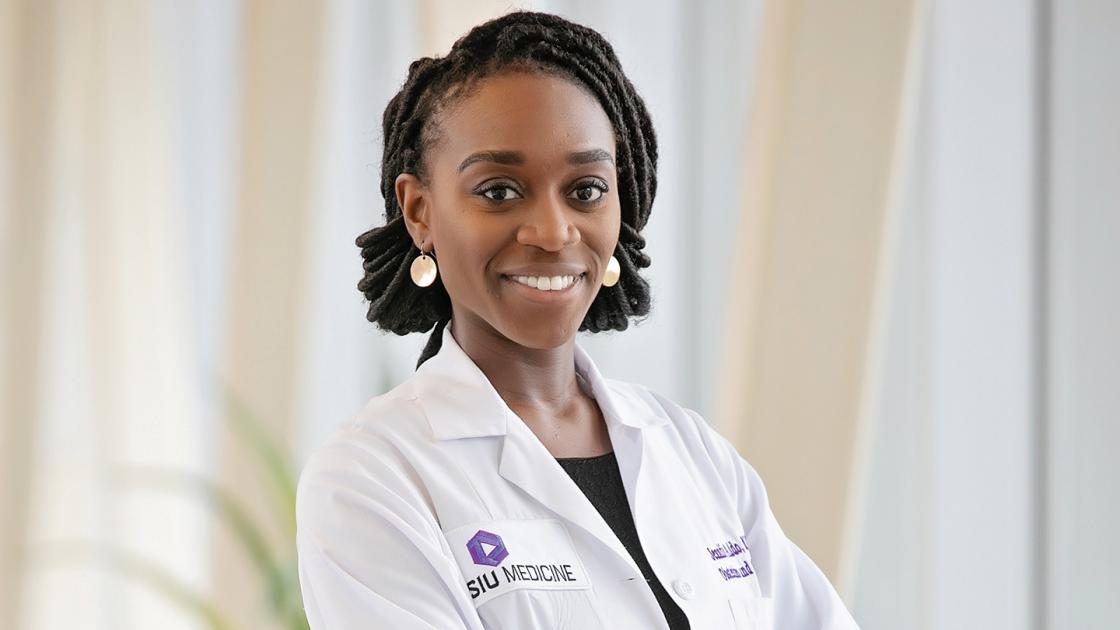
Maternal health disparities challenge the American dream
The American Dream includes visions of healthy pregnancies and access to equitable care for mothers. The history and experience of Black mothers in the United States continues to challenge the notion that this dream is accessible to all.
By Jennifer Addo, MD, MPH
Seven hundred women die each year in the United States from pregnancy-related complications. However, the risk of pregnancy-related deaths for Black women is 3 to 4 times higher than those of Caucasian women.
This discrepancy is known as a health disparity. According to the National Academy of Sciences and the Centers for Disease Control and Prevention, health disparities are preventable differences in the burden of disease, injury, violence or opportunities to achieve optimal health that are experienced by socially disadvantaged populations. Health disparities are directly related to historical and current unequal distribution of social, political, economic and environmental resources.
One may wonder, in the land of opportunity why can’t Black mothers just work a little harder to achieve the dream. Do our black mothers encounter these health disparities because statistically speaking, Blacks make less money, have worse health status at baseline, or are less educated than their Caucasian counterparts? This may seem like a reasonable explanation for health disparities. However, when we control for these factors, Black mothers still have worse outcomes than Caucasian mothers. Not even healthy athletes like Serena Williams and Allyson Felix; wealthy celebrities like Beyoncé; or doctorate-level-educated women like Shalon Irving are immune to the effects of health disparities. They all had pregnancy complications that led to poor health outcomes.
The larger question is what is preventing young Black mothers from obtaining the American Dream. Arline Geronimus, Sc.D, a Harvard-trained, University of Michigan-affiliated research professor, has been studying this topic for decades. She thinks “weathering” is the answer.
“Pregnant Black women live in this chronic stress state, encountering gender discrimination and institutionalized racism while experiencing the vulnerability of being with child.”
When you brace for your worst fears of harm, your body goes into immediate fight-or-flight mode. Your adrenaline and norepinephrine levels go up, as you get primed to start running for your life. Your pupils dilate so you can see to avoid obstacles. Your glucose level rises so your muscles can be energized for the mad dash. Your heart rate increases to pump blood to fuel your organs. Very stressful situations trigger the same reactions in our bodies. However, living in a chronic fight-or-flight state—under stress 24/7—can be very detrimental. Pregnant black women live in this chronic stress state, encountering gender discrimination and institutionalized racism (systematic policies or laws and practices that provide differential access to goods, services, and opportunities of society by race) while experiencing the vulnerability of being with child.
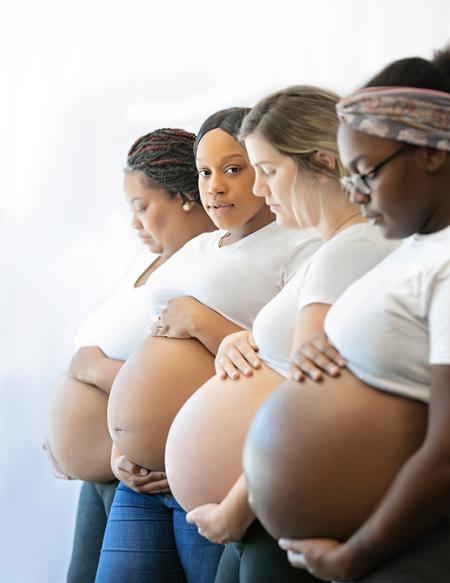
The intersectionality between these three overlapping and independent categories makes Black mothers a triple target rather than a triple threat. Living in that chronic stress-filled state creates wear and tear on the body. This biological response to a social factor is the condition known as “weathering.” Weathering causes the cells in the body to divide faster in an effort to repair the ongoing damage done to the cells. Each time a cell divides, the caps called telomeres on the end of chromosomes that carry our genetic information are shortened to the point where the cell cannot divide anymore and dies. Dr. Geronimus has conducted research studying telomere length in low-income individuals in various racial groups in Detroit.
In the study, she noted that a strong community is protective against the effects of health disparities.
When we think of community building, it is hard to imagine how the traditional health care model of one patient and one doctor can build a community. Group prenatal care is one of the many solutions to this problem that the traditional care model does not seem to address. Group prenatal care is a paradigm shift in the prenatal care model. Rather than individualized health care with a physician speaking to one woman, women around the same gestational age meet regularly in groups of 8 to 12 for 90-120 minutes to discuss issues surrounding pregnancy and the post-delivery period.
Community and social network-building is the heart of group prenatal care and several studies have noted a reduction in racial health disparities when group prenatal care is utilized.
To help the dream of equitable care become a reality for all Americans, including new Black mothers, it starts with recognizing this disparity exists and implementing solutions to dismantle it. Group prenatal care is one of many options. Other solutions include policy reforms like the federal Title V Maternal and Child Health Services Block Grant available through the Health Resources & Services Administration. It provides funding for federal and local programs to establish maternal mortality committees to understand the prevalence and cause of maternal deaths, and develop assistance programs to help remove barriers mothers face in accessing the health care system or establishing healthy habits.
Further addressing health providers’ personal biases towards specific people groups will get us leaps and bounds closer to realizing the American Dream for all people. Every mother matters and every baby matters in my race: the human race.
Jennifer Addo, MD, MPH, is a resident in the SIU Department of Obstetrics and Gynecology. She earned her medical degree at Indiana University School of Medicine and a master’s degree in public health from the Harvard T.H. Chan School of Public Health.

